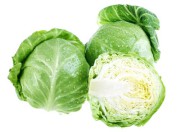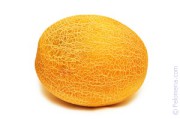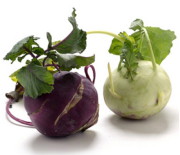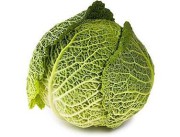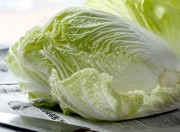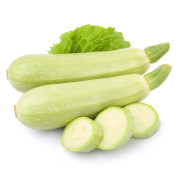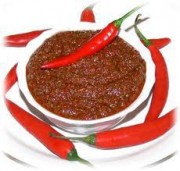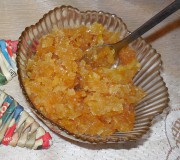White cabbage: benefits and harm to the body, description, composition and characteristics. What vitamins and calories are in white cabbage.
White cabbage is a garden crop widespread in all countries of the world. It can be grown almost anywhere. 100 g of cabbage contains only 27 kcal. It has many vitamins and minerals.
Cabbage leaves contain a lot of vitamin C, especially in late-ripening varieties (70 mg%). A very valuable quality of this vegetable is that vitamin C can be retained in it for a long time. Cabbage contains more vitamin C than lemons, tangerines, potatoes and carrots.
This vegetable contains almost all the vitamins a person needs. In addition to the most common ones, it contains vitamins B1, B2, PP, folic acid, pantheic acid, phosphorus salts, potassium, calcium and others.

White cabbage saturates the body with minerals (calcium, potassium, phosphorus, sulfur). It contains trace elements: zinc, aluminum, iron, manganese.
Cabbage is rich in sugars, such as fructose, sucrose, glucose. It contains 2.6% glucose; cabbage is richer in its content than apples, lemons and oranges.
Content
The benefits of cabbage and its medicinal properties.
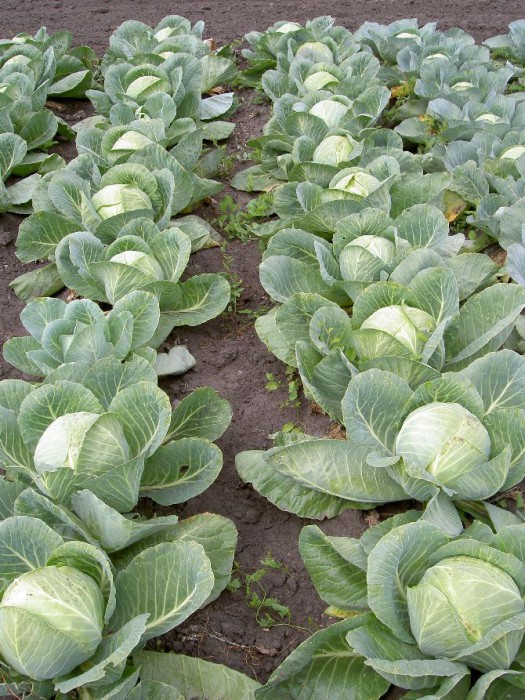
An important discovery was the presence of vitamin U in cabbage - methylmethionine. It can help cure stomach, intestinal and duodenal ulcers.This vitamin also cures ulcerative colitis, gastritis and intestinal sluggishness.
The medicinal effects of cabbage are varied. It promotes metabolic processes, relieves pain and relieves inflammation. This vegetable is included in the diet of patients with atherosclerosis, because its dietary fiber removes cholesterol from the body. Vitamins C and P strengthen blood vessels. Cabbage is recommended for heart disease and gout (it does not contain purines, which cause gout deposits). Cabbage is useful for cholelithiasis. Its dietary fiber prevents the intestines from absorbing bile acids and cholesterol, the excess of which leads to the formation of atherosclerotic plaques in blood vessels and gallstones. This vegetable is recommended for kidney and heart diseases. The potassium salts present in it remove fluid from the body. Cabbage is also good for gastritis (low acidity) and constipation.
Harmful properties of cabbage, for which diseases it is not recommended to eat it.
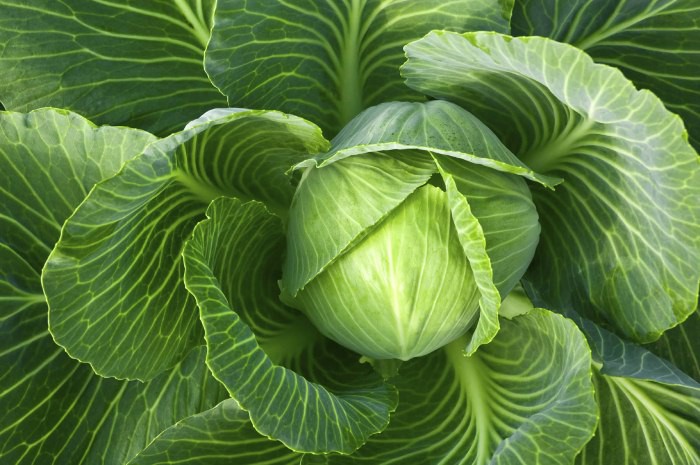
Photo: White cabbage.
It is not recommended to eat cabbage if you have high acidity, as it increases the secretion of gastric juice. Since this vegetable contains coarse fiber, excess fiber can cause bloating. In this regard, nutritionists do not recommend including cabbage in the menu for people with diarrhea, colitis, or enteritis. For the same reason, it is not recommended for myocardial infarction. But we must not forget that white cabbage contains vitamin U, and it protects the intestinal mucosa from ulcers. Therefore, when the disease is not in the acute period, it should be included in the menu. At first, you can eat boiled cabbage little by little, if tolerance is good, that is, cabbage salads
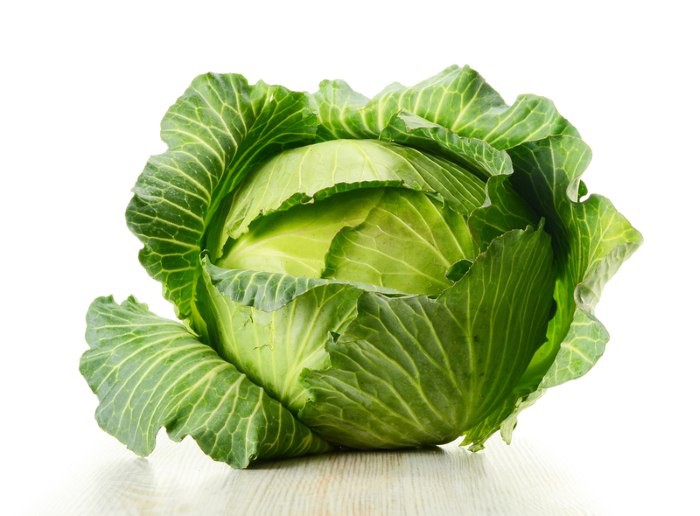
White cabbage is widely used in cooking. Traditionally, it is prepared for the winter.Sauerkraut and pickled cabbage are very popular. Housewives use cabbage to make canned salads and dressings for the winter.

